Underused Housing Tax
The Underused Housing Tax is a federal 1% annual tax on vacant or underused homes owned by non-resident, non-Canadian entities.
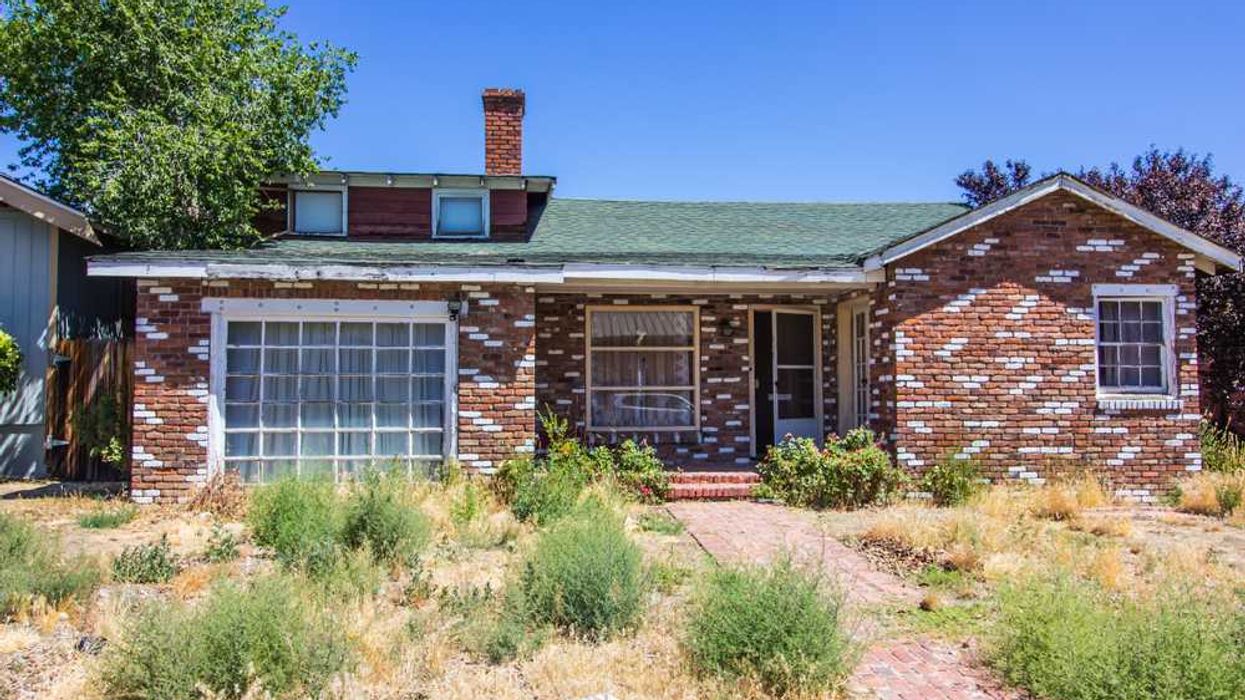
September 30, 2025
What is the Underused Housing Tax?
The Underused Housing Tax (UHT) is a federal annual 1% tax on the value of vacant or underused residential property owned by non-resident, non-Canadian individuals or corporations. Certain exemptions apply for Canadian citizens, permanent residents, and qualifying uses of the property.
Why the Underused Housing Tax Matters in Real Estate
The UHT matters in real estate because it aims to address housing supply challenges by discouraging property speculation and foreign ownership of underused homes. It also generates federal revenue and supports broader housing policy goals.
Example of the Underused Housing Tax in Action
A foreign investor owns a vacant condo in Toronto valued at $800,000. Without qualifying exemptions, they must pay $8,000 annually under the Underused Housing Tax.
Key Takeaways
- Federal tax on underused or vacant housing by non-residents.
- Set at 1% of property value annually.
- Aims to discourage speculation and improve supply.
- Exemptions available for citizens, residents, and qualifying uses.
- Applies nationwide, separate from provincial or municipal taxes.


 Christine Boyle and Gregor Robertson. (Government of British Columbia)
Christine Boyle and Gregor Robertson. (Government of British Columbia)







 CREA
CREA
 Liam Gill is a lawyer and tech entrepreneur who consults with Torontonians looking to convert under-densified properties. (More Neighbours Toronto)
Liam Gill is a lawyer and tech entrepreneur who consults with Torontonians looking to convert under-densified properties. (More Neighbours Toronto)
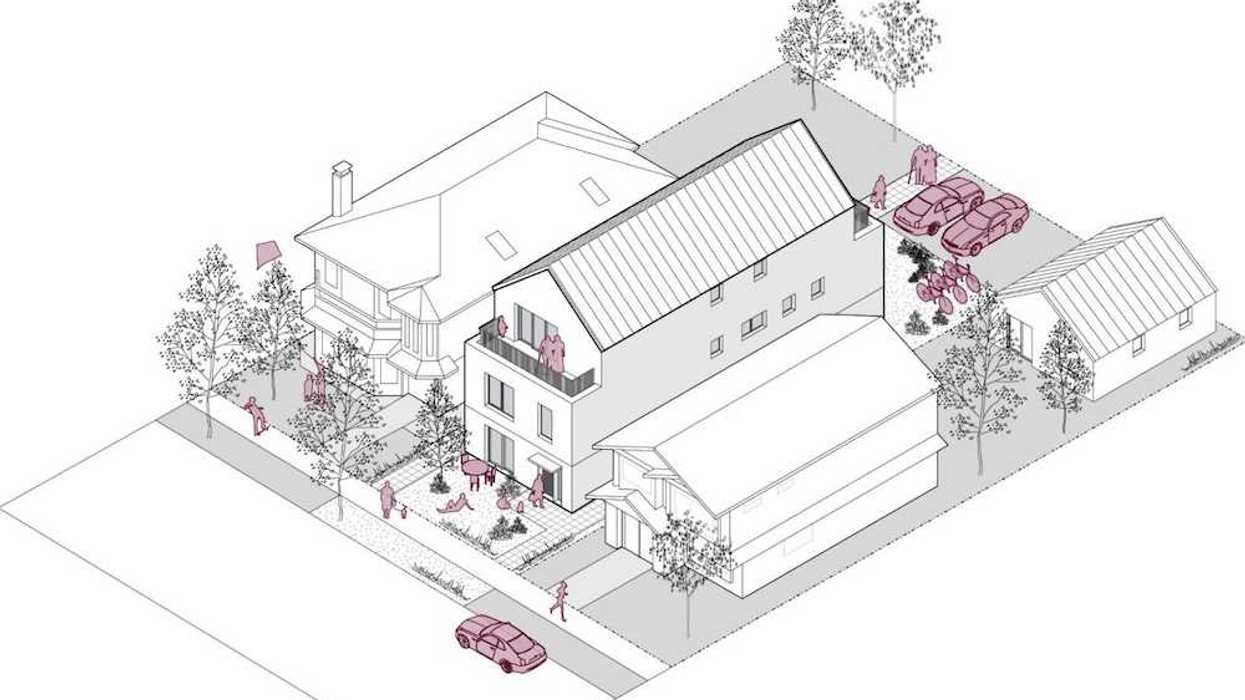
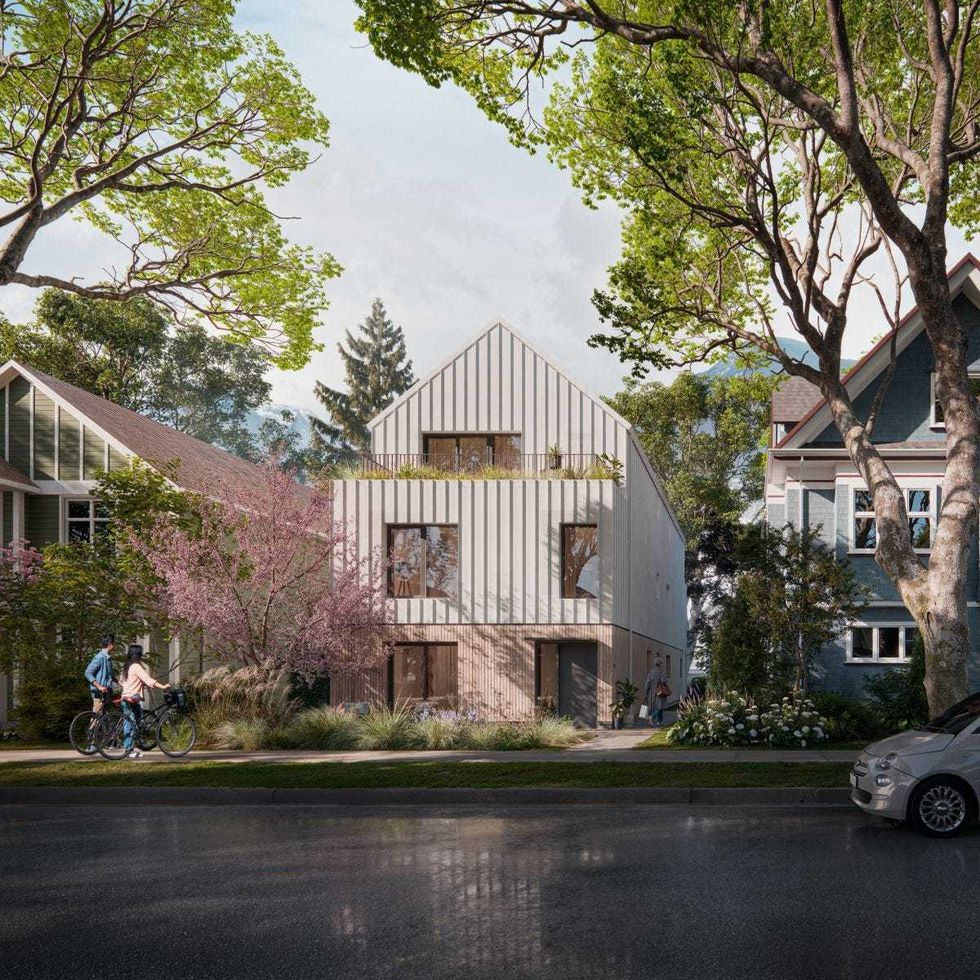 A rendering of the “BC Fourplex 01” concept from the Housing Design Catalogue. (CMHC)
A rendering of the “BC Fourplex 01” concept from the Housing Design Catalogue. (CMHC)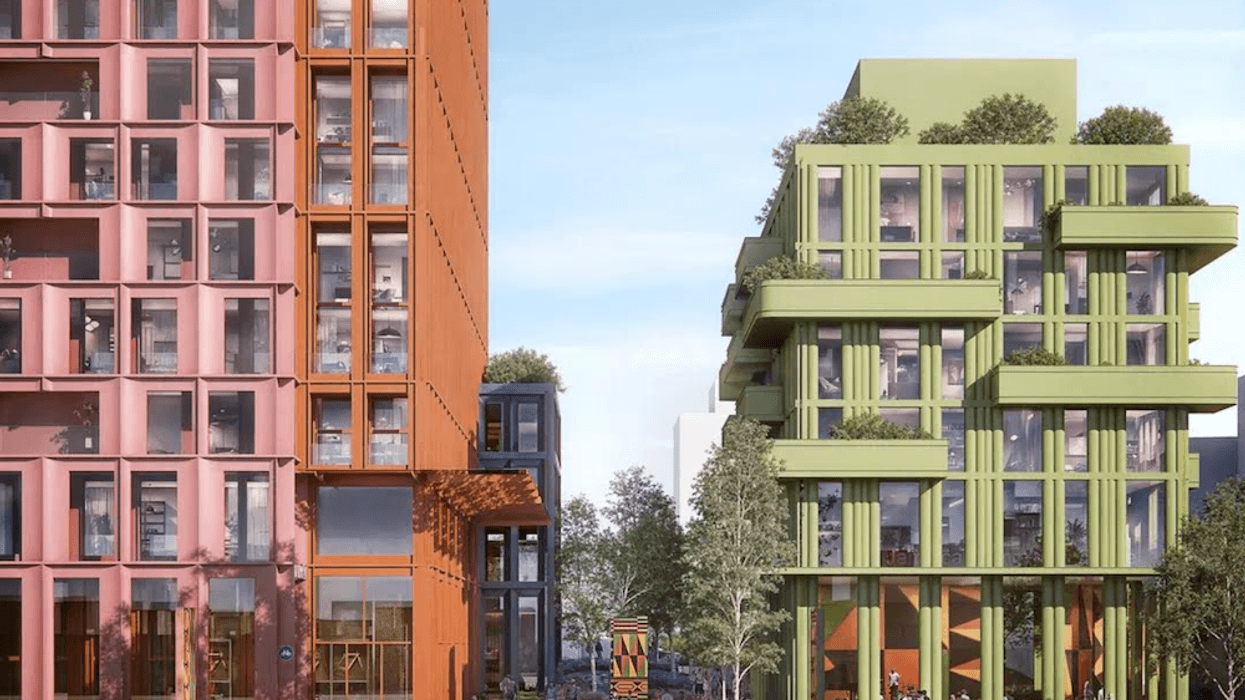
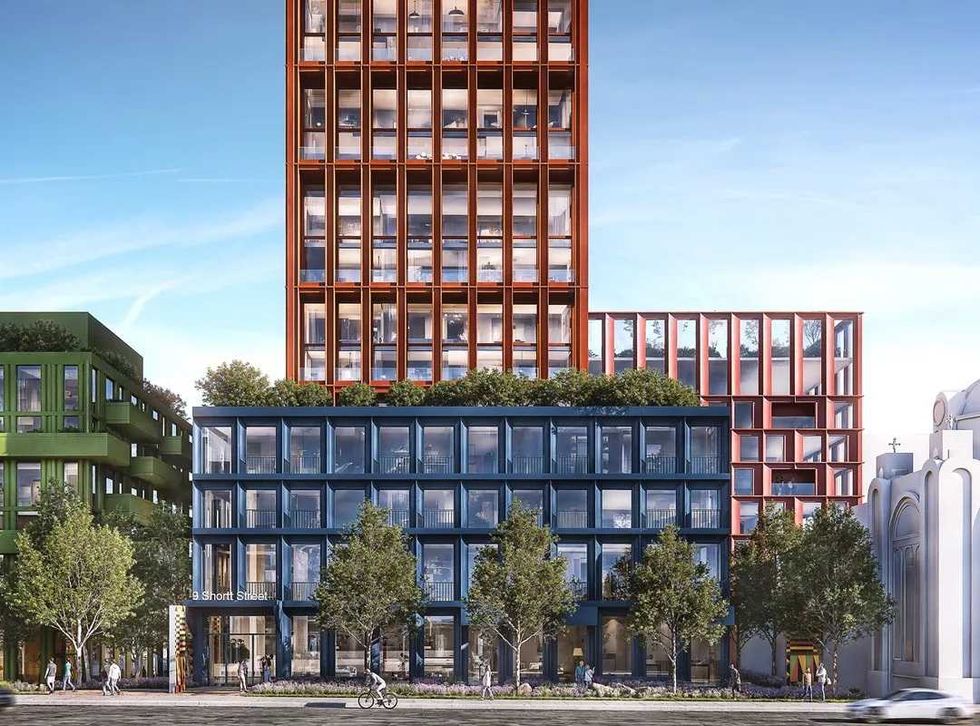 Rendering of 9 Shortt Street/CreateTO, Montgomery Sisam
Rendering of 9 Shortt Street/CreateTO, Montgomery Sisam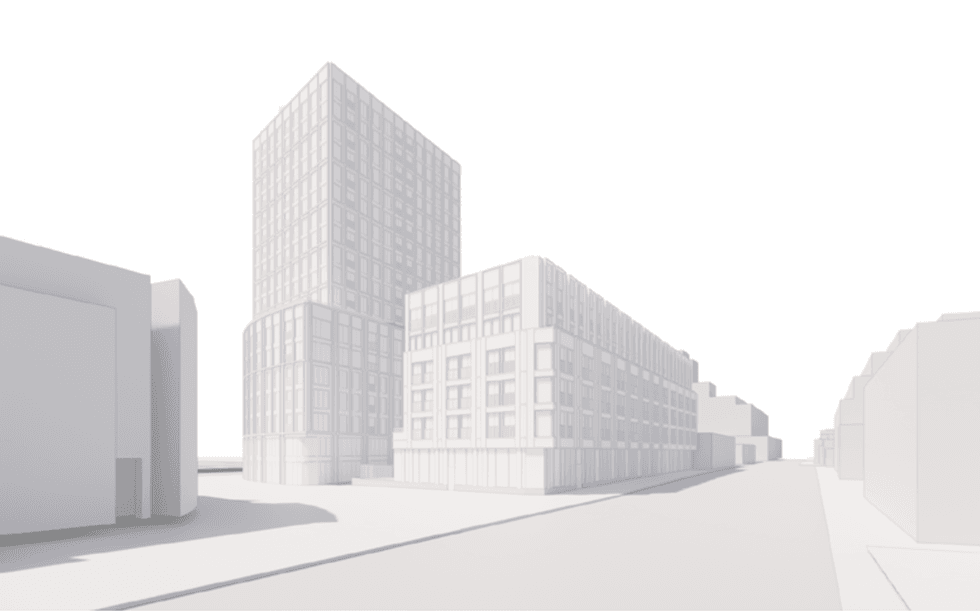 Rendering of 1631 Queen Street/CreateTO, SVN Architects & Planners, Two Row Architect
Rendering of 1631 Queen Street/CreateTO, SVN Architects & Planners, Two Row Architect Rendering of 405 Sherbourne Street/Toronto Community Housing, Alison Brooks Architects, architectsAlliance
Rendering of 405 Sherbourne Street/Toronto Community Housing, Alison Brooks Architects, architectsAlliance